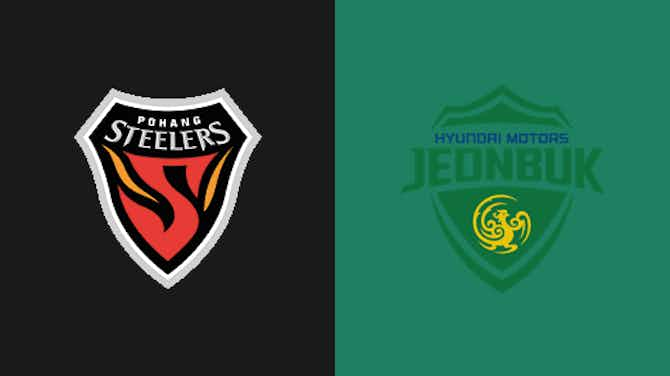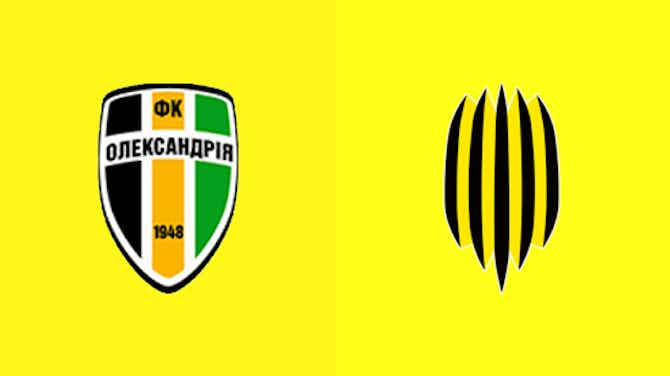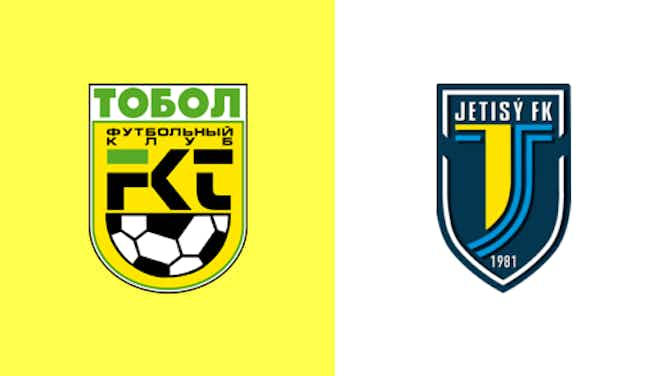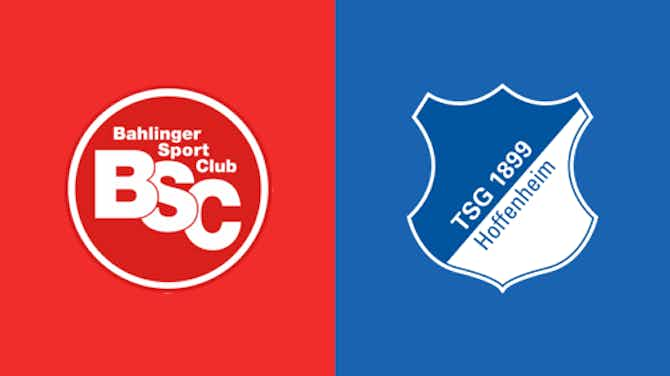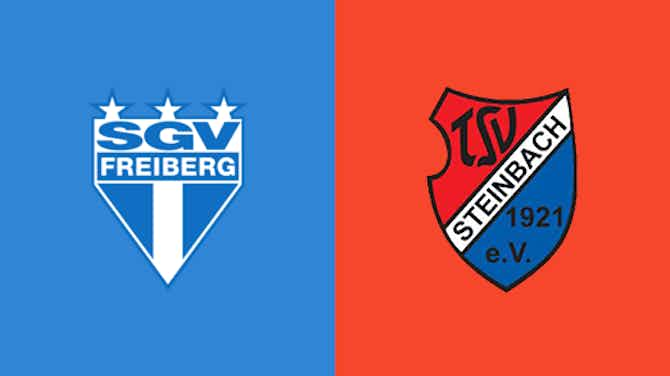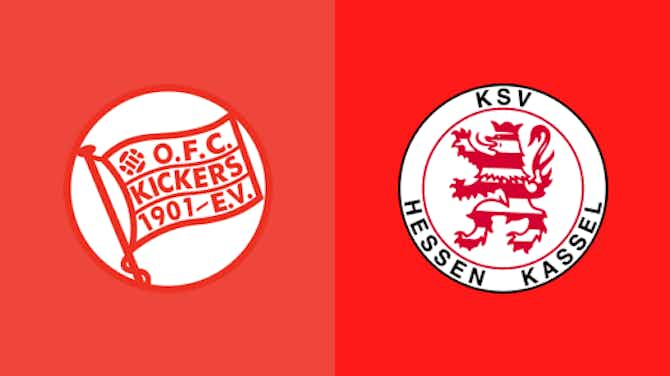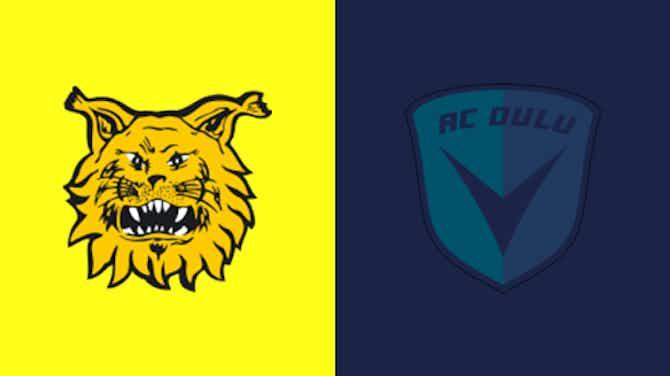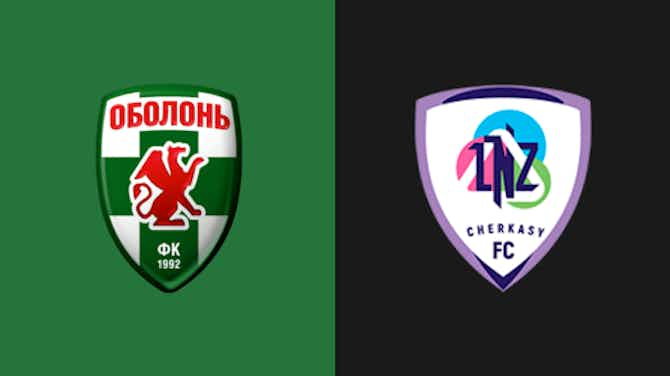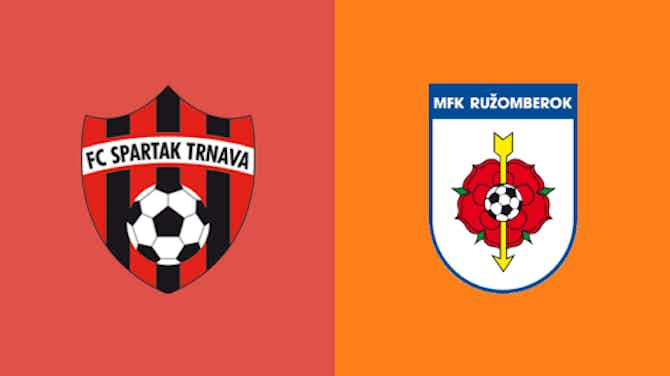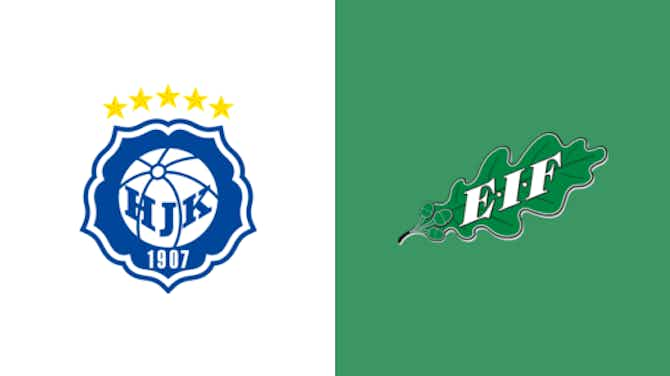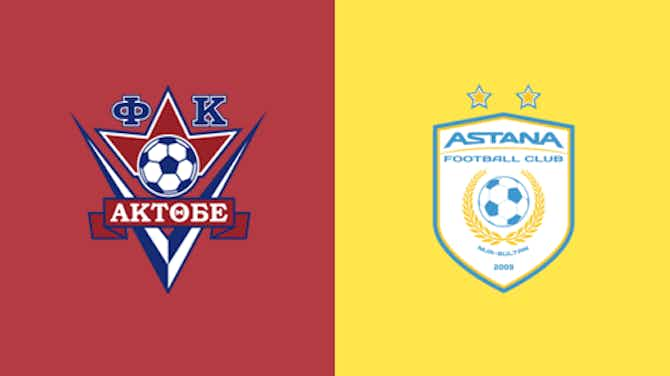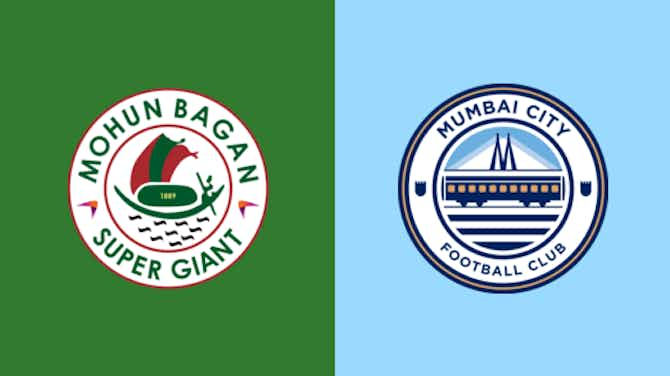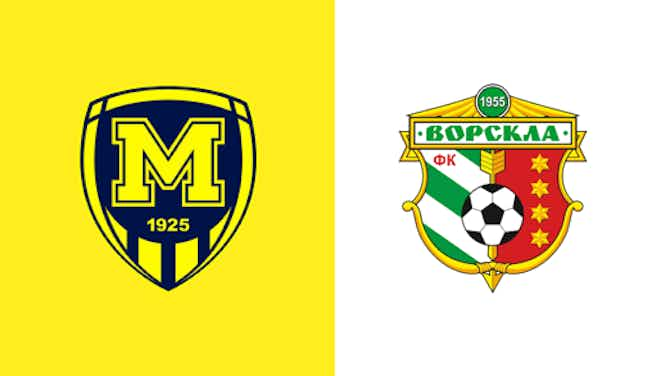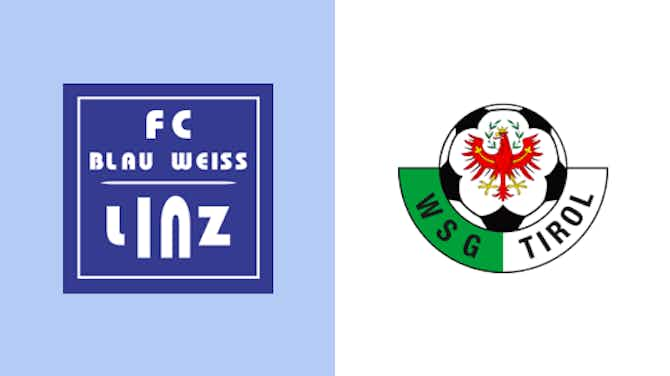Football365
·30 April 2023
Fulham, Derby and the case of the missing 78 seconds which cost them dear
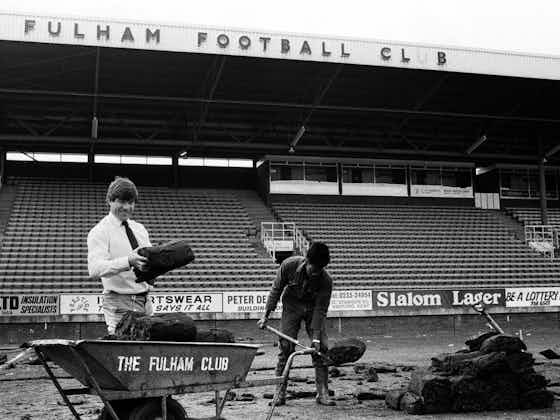
Football365
·30 April 2023

Forty years ago, Fulham missed out on promotion by the narrowest of margins and under about the most controversial of circumstances.
There is still time for this to go wrong, but there’s every possibility that this season will end with Fulham finishing above Chelsea in the league for the first time in 40 years. A combination of the Boehly-fuelled transfer mayhem at Stamford Bridge and the steady – when he’s not absolutely losing his shit at Old Trafford – hand of Marco Silva at Craven Cottage has left Fulham six points ahead of their west London rivals with six games to play.
The last time this happened, there wasn’t too much celebration coming from Craven Cottage. Chelsea were in an absolute mess by the 1982/83 season, due to the financial ruin brought about by the construction of the East Stand at Stamford Bridge, which ran hugely over budget after the oil crisis of 1973 suddenly, unexpectedly and drastically increased the costs involved.
They were relegated from the First Division in 1978, and when Ken Bates bought the club in 1982, he did so for the princely sum of £1. They finished the 1982/83 season in 18th place in the Second Division, avoiding relegation to the Third by just two points.
Fulham, on the other hand, found a combination of a late-season wobble and events which were entirely beyond their control conspiring against them to cost them a place in the top flight for the first time in 15 years. They’d had plenty of drama at the end of the previous season, when they went into their last game of the season in the Third Division against Lincoln City needing a point to get promoted and managed this with a 1-1 draw when a Lincoln win would have taken them up in their place.
That they were serious about a second successive promotion became evident on a national scale in the middle of October 1982, when the Match of the Day cameras were at St James’ Park to see them beat Newcastle United 4-1. There was good reason for the BBC to be there that day; not only had Fulham’s strong start pushed them up to fifth, but Newcastle had signed Kevin Keegan from Southampton the previous summer and Terry McDermott from Liverpool just a few weeks earlier, and they were also expected to challenge for promotion themselves, while the manager who had taken Fulham to these heights was Malcolm Macdonald, who’d scored 138 goals in 257 games in all competitions for Newcastle between 1971 and 1976 before getting a big-money transfer to Arsenal.
By the end of March, that second successive promotion was still on. With ten games left to play, Fulham were seven points clear of third-placed Leicester City, and with a game in hand. Five games later, that gap was still five points. This Fulham team was packed with talent, including a then largely unknown midfielder by the name of Ray Houghton, defender Tony Gale, who would go on to play 300 games over the course of a decade for West Ham United, future England assistant coach Ray Lewington, and the Welsh striker Gordon Davies, who was one of the best strikers below the top flight.
But over the last few weeks of the season, this started to unravel. On April 23, more than 24,000 people packed into Craven Cottage to see a Leicester team featuring an attacking pairing of Gary Lineker and Alan Smith nick a 1-0 win. This result seemed to get inside Fulham’s heads a little, and they lost their next two games to Sheffield Wednesday and Queens Park Rangers, before recovering in their penultimate game of the season with a 2-0 win against Carlisle United.
But by this time Leicester were above them on goal difference, which would lead to a very tense last day of the season indeed. A win in their last game against already-relegated Burnley would guarantee Leicester promotion, but a failure to do so would leave the door open for Fulham to sneak back above them at the last.
Fulham’s last game would be the most contentious of the whole season in any division of the Football League. They were away to Derby County. Just eight years earlier Derby had become the champions of England for the second time in four seasons, but their subsequent decline had been swift. Beset by financial problems, they were relegated in 1980 and went into the last day of the season needing a win themselves in order to guarantee avoiding relegation to the Third Division.

The atmosphere inside The Baseball Ground that afternoon could be best described as ‘febrile’ – Derby’s supporters didn’t have the best reputation at the time, and such big matches do tend to bring out the knuckle-draggers – and for more than an hour it was a tense and nervous game, played on a bumpy and slightly threadbare pitch. And Derby proved to be testing opponents.
They may have been at the end of a disastrous season, but they still had players such as Archie Gemmill, Paul Futcher and Kenny Burns amongst their number, while they were managed by Peter Taylor, who’d been Brian Clough’s assistant when Derby won the League in 1972 and when Nottingham Forest did the same in 1978, and then followed that by winning the European Cup in 1979 and 1980.
Chances were thin on the ground and as the game moved into its last 20 minutes the score remained goalless, but with 15 minutes to play the afternoon started to go of the rails. The goal came from almost out of nowhere, a Mike Brolly header across the Fulham penalty area met with a superb volley past the Fulham goalkeeper Gerry Peyton from Derby’s top goalscorer Bobby Davison to put them in front. Sections of the crowd invaded the pitch, before being pushed by police with dogs, but while this allowed the game to restart, it did so against a backdrop of more police, this time on horseback, trotting behind the goal at one end of the pitch.
If this was intended as a show of strength on the part of the Derbyshire Constabulary, it didn’t work. Advertisement hoardings along one side of the pitch were kicked over, allowing free access to the pitchside, while at the end where the Derby supporters were congregated, people just started to walk through the gates in the fences to stand right on the touchline. Within minutes, most of the pitch was surrounded by home supporters standing literally on the touchline.
It was very clear that this was extremely unsafe, and it is a mystery why referee Ray Chadwick didn’t remove the players from the pitch and allow the police to restore some sort of order. When the Derby goalkeeper Steve Cherry made a fine save from Houghton with a few minutes to play, one supporter ran to him to pat him on the back. Somewhat more alarmingly, while chasing the ball down on the left wing, Fulham’s Robert Wilson was kicked by a Derby supporter, resulting in another stop to play and Central TV commentator Brian Moore describing the scenes playing out before him as a “crazy situation”.
Still more was to follow. In stoppage-time, the referee’s whistle blew, leading to a considerably bigger pitch invasion. This wasn’t entirely celebratory, either. The Fulham defender Jeff Hopkins, for example, was punched repeatedly and kicked, finally managing to leave the pitch with a torn shirt. Thirty miles away at Filbert Street, Leicester and Burnley had drawn 0-0, meaning that Leicester would go up and Fulham, who’d occupied an automatic promotion place for most of the season, would miss out.
Controversy started to build. The referee’s whistle which had led to this pitch invasion hadn’t been the full-time whistle. He’d actually blown it for offside, with a minute and 18 seconds still to play.
Fulham appealed to the Football League immediately. The likelihood of them scoring twice in the last 78 seconds of the game might have been minimal, but the simple blunt fact of the matter was that the game hadn’t been completed. Furthermore, and as Malcolm Macdonald was quick to point out in his post-match interview with Moore, the closing stages of the game had been played out in an atmosphere best described as ‘intimidatory’.
Macdonald even had allies from the Derby side. Results elsewhere had ensured that Derby hadn’t even needed a win to stay up, and Macdonald told Moore that the chairman Mike Watterson had told him that he would be agreeable to the match being played, while even the Leicester manager Gordon Milne later admitted that, “If I was in Malcolm Macdonald’s position, I would have the referee by the throat and make sure there was another game.”
But Fulham appeals to the Football League fell on deaf ears. The League’s rules gave them “absolute discretion” over their final decision and they refused a replay, with League secretary Graham Kelly rubbing salt onto the wound by stating that, “It would be monstrously unfair on other clubs affected, most of all Leicester City.” An appeal got them no further.
It would take Fulham 19 years to finally get back to the top flight, by which time Malcolm Macdonald’s managerial career was long over. They struggled throughout the 1983/84 season – they’d be relegated back to the Third Division in 1986 – and Macdonald quit in April 1984. He resurfaced at Huddersfield Town in 1987, but resigned in May 1988 after a relegation season which featured a 10-1 loss to Manchester City. At just 38 years of age, his managerial career was over. And the win only proved to be a stay of execution for Derby County, too. They were relegated to the Third Division at the end of the 1983/84 season. Chelsea, who’d had their worst ever season the year before, were promoted that season as champions.
There are two sides to the coin when it comes to the Football League’s decision to allow the result of that controversial match at The Baseball Ground to stand. It’s true to say that 78 seconds would have been unlikely to bring the two goals that Fulham would have needed for promotion, while it’s equally true to say that they wouldn’t have even needed a result, had they not stuttered so badly over the last weeks of the season. But it’s equally true to say that the match was not completed, and that the lack of crowd control inside the stadium that afternoon led to an atmosphere which crossed the line between what we might consider to be acceptably intimidatory and unacceptably so.
Back in the Premier League in the 21st century, Fulham are in ninth place in the table as the season reaches its closing stretch. And while it may be satisfying to finish a season above Chelsea for the first time in 40 years, potentially more meaningful prizes are still within their reach. European qualification is a remote possibility; that would be almost guaranteed were they to finish seventh. The pain of missing out would surely be nothing like that which they endured in May 1983.
